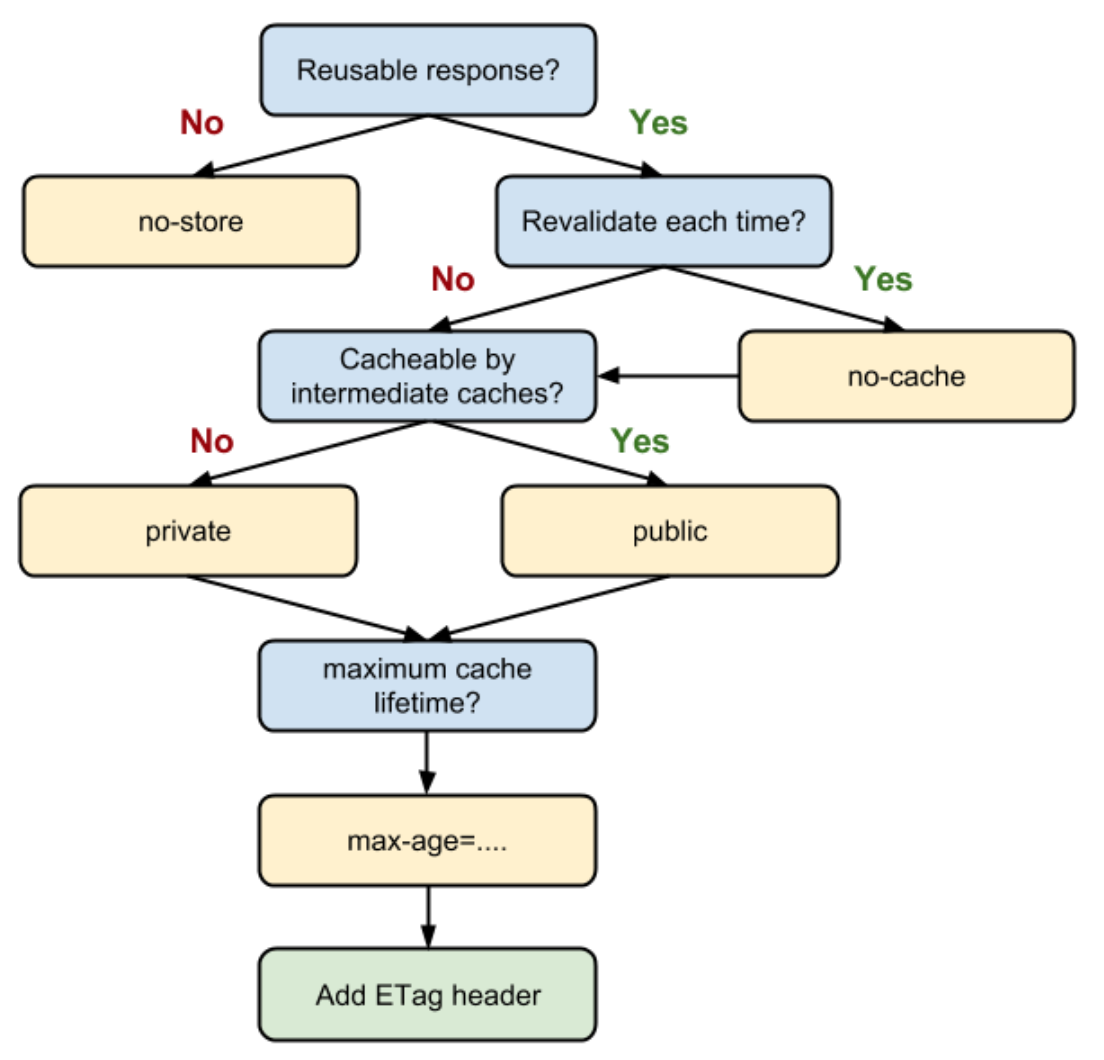Response¶
In your interface layer (e.g. in your controllers) you will normally return a result that is some kind of response.
A response need to implement the generic "result" interface `Apply' function.
There are a couple of typical Responses available in Flamingo that you can access through the web.Responder.
The following example shows how you can use it and some typical Responder:
type (
MyController struct {
responder *web.Responder
}
)
// Inject dependencies
func (mc *MyController) Inject(
responder *web.Responder
) {
cc.responder = responder
}
func (mc *MyController) MyAction(ctx context.Context, r *web.Request) web.Result {
// Render response to render a template and optional pass template data. It is using the reigstered template enginge.
mc.responder.Render("template",data)
//Data response - e.g. to return JSON
mc.responder.Data(data)
//Redirect to the given URL
mc.responder.URLRedirect(url)
//Redirect to a Flamingo handler (see Routing)
mc.responder.RouteRedirect("flamingo.handler")
}
HTTP Caching¶
In a controller you can also set the HTTP Cache directives on the Default Response.
You can do this by using the CacheDirectiveBuilder Helper like this:
response := cc.responder.Render("checkout/review", viewData)
response.CacheDirectives = web.NewCacheDirectiveBuilder().SetIsReusable(false).Build()
return response
The CacheDirectiveBuilder is build around this decision flow:

The image is taken from https://developers.google.com/web/fundamentals/performance/optimizing-content-efficiency/http-caching?hl=de
Default Strategy¶
You can add the CacheStrategy Filter to your project. This filter will apply a default CacheStrategy for GET requests, if no CacheDirectives are set by the controller.
To add this filter, just add the Module to your bootstrap like this:
import (
...
"flamingo.me/flamingo/v3/framework/web/filter"
...
)
func main() {
...
... config.NewArea(
"root",
[]dingo.Module{
...
new(filter.DefaultCacheStrategyModule),
...
}
flamingo:
web:
filter:
cachestrategy:
default:
revalidateEachTime: true
isReusable: true